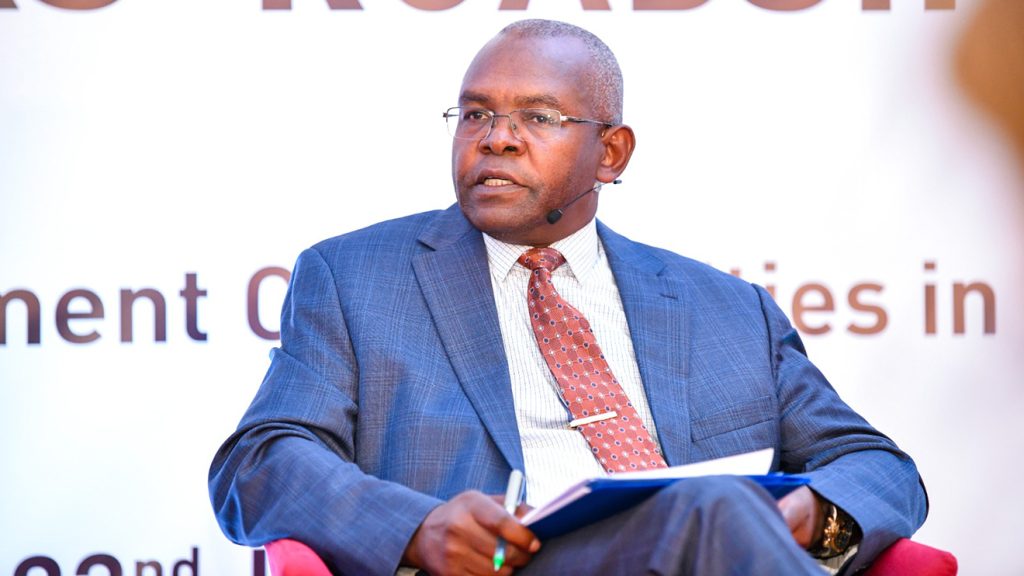
- Issuance of the The Kenya Green Finance Taxonomy and Climate Risk Disclosure Framework for the Banking Sector;
The Central Bank of Kenya (CBK) issued Guidance on Climate-Related Risk Management to the banking sector in October 2021.In line with evolving reforms to mitigate the risks of climate change and as part of the CBK’s ongoing second-generation reforms aimed at greening the banking sector, CBK has developed and released the Kenya Green Finance Taxonomy and the Climate Risk Disclosure
Framework.
https://www.centralbank.go.ke/kenya-green-finance-taxonomy-climate-risk-disclosureframework/.
This initiative is part of the Greening Financial Systems Technical Assistance Programme to CBK by the European Investment Bank (EIB) that commenced in October 20231

The KGFT is expected to guide target institutions on evaluation and classification of their economic activities according to the extent to which the activities support or hinder climate objectives and promote the transition to a low-carbon economy.
Institutions are expected to apply the taxonomy in assessing the degree to which their business activities are aligned, under the taxonomy’s guiding principles.
The KGFT largely drew from Kenya’s Nationally Determined Contributions (NDCs) under the United Nations Framework Convention for Climate Change (UNFCCC) and other National Climate Policy Documents.
The KGFT, which will be a live document subject to periodic updates, initially focuses on climate change mitigation and adaptation as its objectives.

Other environmental objectives, such as biodiversity and related objectives, will be considered in future updates.
The Climate Risk Disclosure Framework intends to assist commercial banks in collating and disclosing climate-related information in a relevant, useful, consistent and comparable manner.
For investors, the framework provides the information needed to assess the financial implications of climate change on potential investments and identify companies well-positioned for the transition to a low-carbon economy.
The general public and other stakeholders will benefit from increased transparency, fostering accountability within the financial sector and encouraging businesses to adopt more sustainable practices.
The Framework is aligned with global best practices and standards such as the International Financial Reporting Standards (IFRS) S2 on climate-related disclosures and Basel Committee on Banking Supervision (BCBS) principles on climate-related financial risks.









